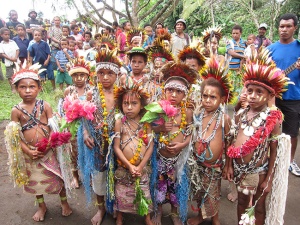 A proactive team from James Cook University is currently working in Papua New Guinea to develop an eco-tourism industry around the Papuan Black Bass, one of the world's toughest sportsfish.
A proactive team from James Cook University is currently working in Papua New Guinea to develop an eco-tourism industry around the Papuan Black Bass, one of the world's toughest sportsfish.The flag of Papua New Guinea was adopted on July 1, 1971. In the hoist, it depicts the Southern Cross; in the fly, a raggiana bird of paradise is silhouetted.
Port Moresby, Capital of Papua New Guinea.
Water falls are some of Papua New Guinea's attractions.
Papua Guinea is not only an island but is also a territory of fully independent people thus calling the island the Republic of Papua Guinea.
Culture Diversity, Colors, Culture Face, Annual Festivals, Traditional Dance, Traditional Costumes, Singing Dance.
 A proactive team from James Cook University is currently working in Papua New Guinea to develop an eco-tourism industry around the Papuan Black Bass, one of the world's toughest sportsfish.
A proactive team from James Cook University is currently working in Papua New Guinea to develop an eco-tourism industry around the Papuan Black Bass, one of the world's toughest sportsfish.
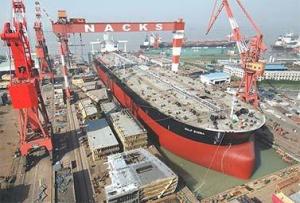 More than 5000 participants of the financial education program, graduated in Madang, most of them mothers from nearby villages. Banking the unbanked is an endeavour by the Central Bank of PNG, the Asian Development Bank, the Australian Government and the Government of PNG.
More than 5000 participants of the financial education program, graduated in Madang, most of them mothers from nearby villages. Banking the unbanked is an endeavour by the Central Bank of PNG, the Asian Development Bank, the Australian Government and the Government of PNG.
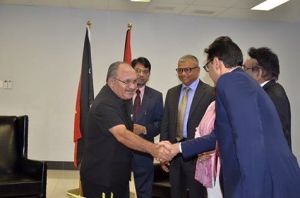 Papua New Guinea Prime Minister Peter O’Neill has greeted a business delegation from the Confederation of Indian Investment (CII) that was undertaking its first ever exploratory visit for enriched bilateral ties with Papua New Guinea.
Papua New Guinea Prime Minister Peter O’Neill has greeted a business delegation from the Confederation of Indian Investment (CII) that was undertaking its first ever exploratory visit for enriched bilateral ties with Papua New Guinea.
 The PGA Tour of Australasia will discover new territories in 2016 as it heads up to Papua New Guinea for the first time. The South Pacific Export Radler PNG Open will become a fully-fledged PGA Tour of Australasia tournament after many years of being an effective pro-am event.
The PGA Tour of Australasia will discover new territories in 2016 as it heads up to Papua New Guinea for the first time. The South Pacific Export Radler PNG Open will become a fully-fledged PGA Tour of Australasia tournament after many years of being an effective pro-am event.
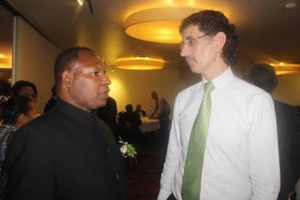 Papua New Guinea’s current bank legislation can be altered to safeguard that banks redirect their investment focus towards Papua New Guinea’s renewable sectors, according to Trade Minister, Richard Maru. Minister Maru says this would require banks in PNG to capitalize a certain percentage of their revenue, into agriculture, fisheries, Small to Medium Enterprises, SMEs, and tourism.
Papua New Guinea’s current bank legislation can be altered to safeguard that banks redirect their investment focus towards Papua New Guinea’s renewable sectors, according to Trade Minister, Richard Maru. Minister Maru says this would require banks in PNG to capitalize a certain percentage of their revenue, into agriculture, fisheries, Small to Medium Enterprises, SMEs, and tourism.
 For businesses in any industry, the key to victory is knowing and understanding your audience. Social media makes this conceivable, and easier to achieve than ever. With tools like Facebook and LinkedIn, you can study the dominant languages spoken among your social media audience, as well as their age and gender.
For businesses in any industry, the key to victory is knowing and understanding your audience. Social media makes this conceivable, and easier to achieve than ever. With tools like Facebook and LinkedIn, you can study the dominant languages spoken among your social media audience, as well as their age and gender.
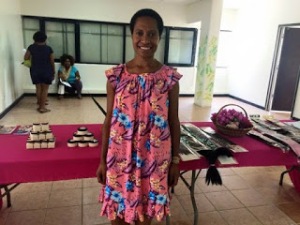 Encouraging PNG Business is significant in getting the people more involved in business activities that can assist nurture the country’s economy.
Encouraging PNG Business is significant in getting the people more involved in business activities that can assist nurture the country’s economy.